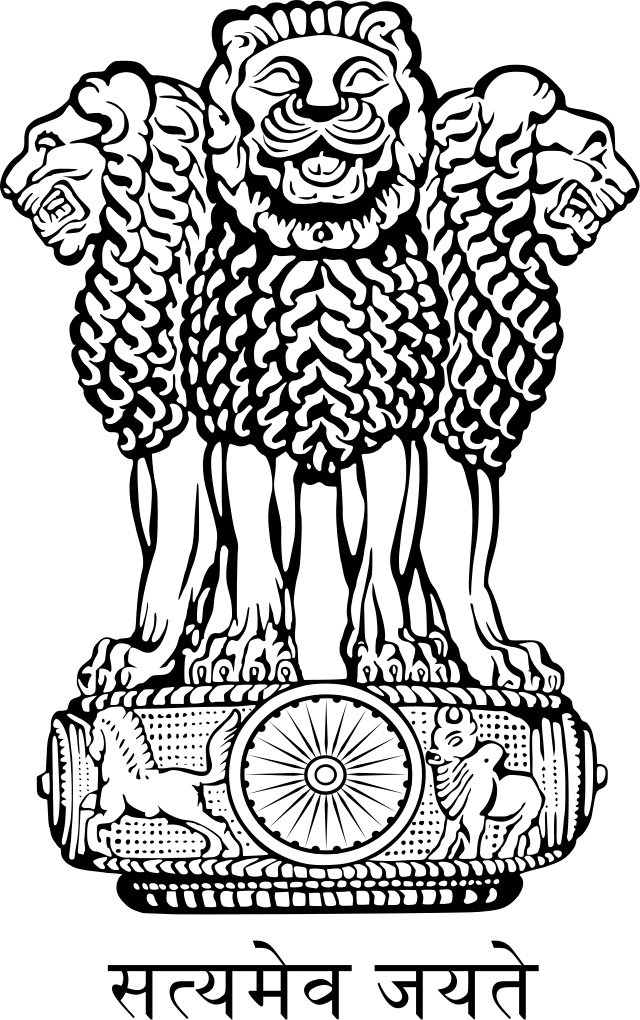Child marriage in India is a significant social issue that affects millions of young girls and boys, despite being legally prohibited. This practice has severe consequences, including interrupted education, health risks due to early pregnancies, and limited opportunities for personal and economic growth. The Prohibition of Child Marriage Act (PCMA), 2006 was enacted to address the shortcomings of the earlier Child Marriage Restraint Act of 1929.
Efforts to eliminate child marriage are crucial for empowering young girls, ensuring their health and well-being, and promoting gender equality. Legal frameworks, awareness campaigns and community engagement are essential in eradicating this practice and fostering a society where every child can thrive.

Enactment of Prohibition of Child Marriage Act, 2006 (PCMA, 2006)
The prohibition of Child Marriage Act, 2006 came into force on 1st November 2007 to prohibit child
marriages
and not just restraining them. The purpose of the Act is to effectively deal with the problem of child
marriages in India and to put in place a comprehensive mechanism. Act prohibits the solemnization of
child marriages where a person who if a female has not completed 18 years of age and if a male has not
completed 21 years of age.
The Act provides for the appointment of Child Marriage Prohibition Officer by the State Government whose
duties are to prevent child marriages and spread awareness on the issue.
India has made several international commitments to prevent child marriage, aligning with global frameworks and conventions-
United Nations Convention on the Rights of the Child (UNCRC): India is a signatory to the UNCRC, which mandates the protection of children from harmful practices, including child marriage.
Sustainable Development Goals (SDGs): India has committed to achieve SDG 5, which aims to eliminate all harmful practices, such as child, early, and forced marriage, by 2030.
Convention on the Elimination of All Forms of Discrimination Against Women (CEDAW): India has ratified the CEDAW and under its Article 2,3 & 5. India is obligated to end discriminatory practices.



















